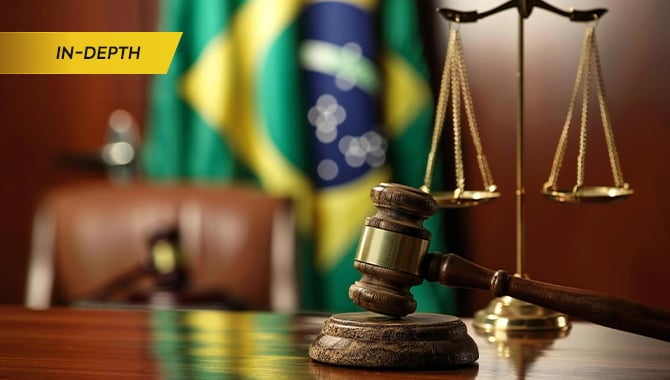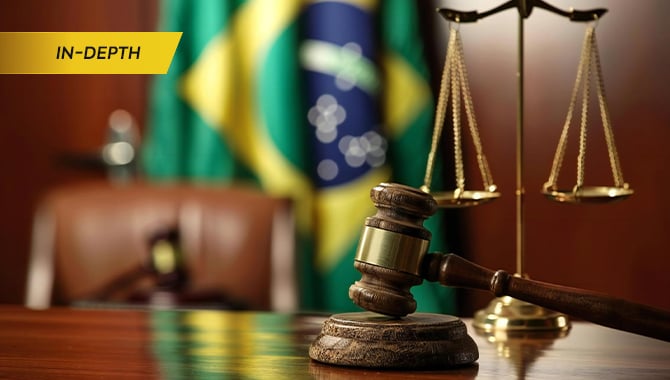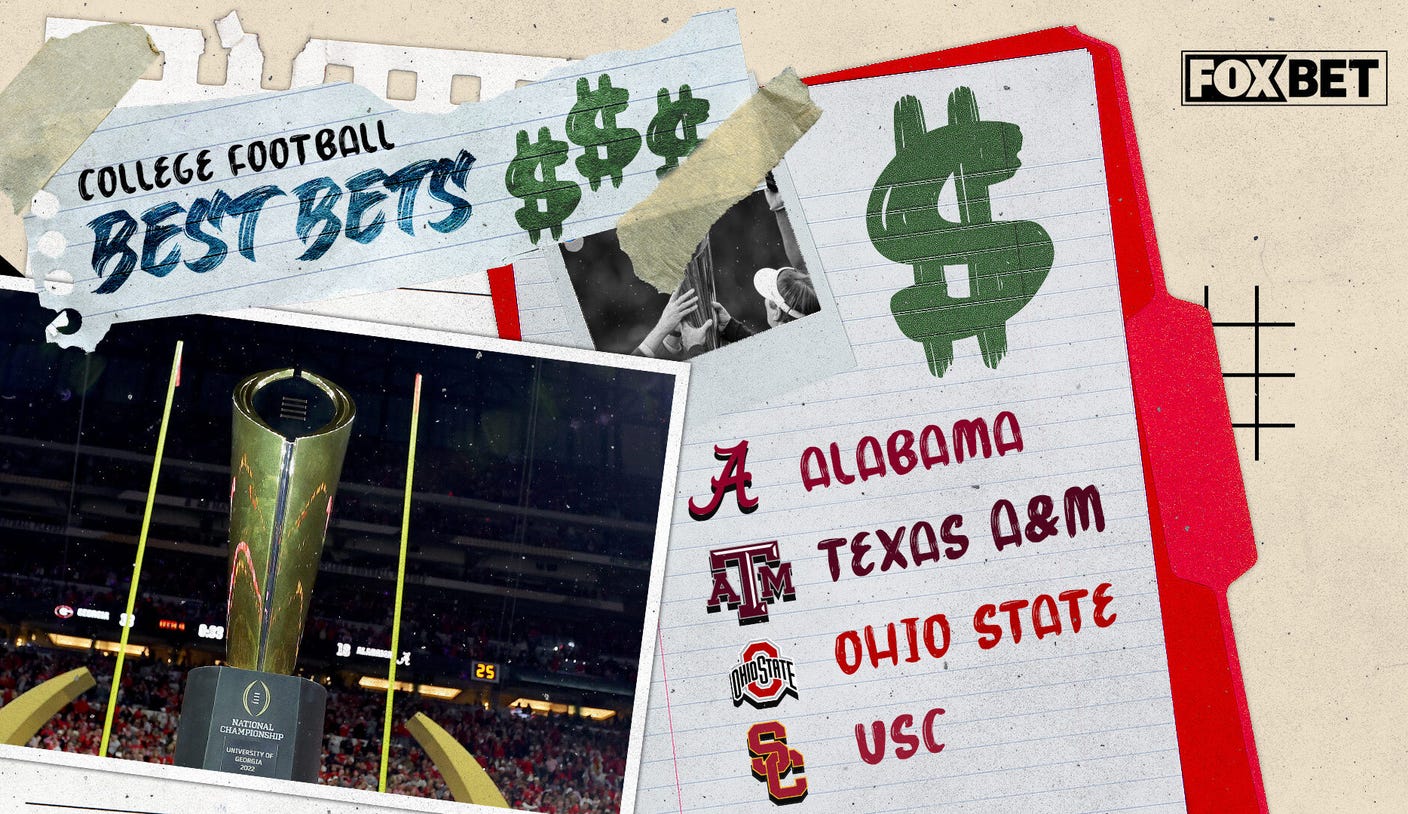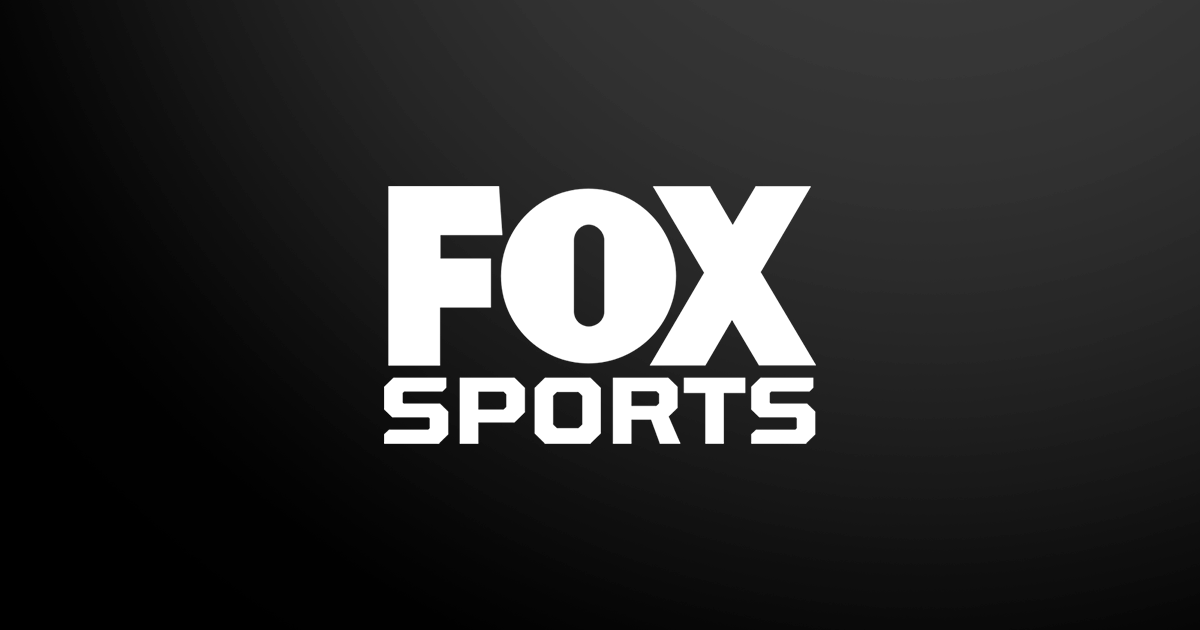
Brazil has a fairly complex relationship with gambling, it’s one that had previously turned into a bit of a ‘will they, won’t they?’
Well, now, for regulated sports betting at least, ‘they have.’
The ceiling is sky high for Brazilian gambling
For a country that boasts large volumes of traffic, legislation for the granting of casino, iGaming and sports gambling licences in Brazil was only passed at the very end of 2023. Some states, such as Rio De Janeiro and Paraná, have already authorised state licences, but now federal legislation is at the top of the agenda.
In December, the big news broke from Brazil’s Chamber of Deputies whereby the bill that would regulate online sports betting was approved – with finalised regulations anticipated for July.
Fixed-odd betting is set to be brought into the country in four phases each month up until and including July, with the first phase currently ongoing in April.
In January this year, it was estimated that $1.5bn was generated annually in Brazil from bettors using foreign operated gambling sites alone – now recent regulatory advancements in the country are changing the landscape dramatically.
Updating the framework; what is the latest in regulation?
As we touched on at the start of this article, the legislation was not passed until the conclusion of 2023 – and in an unexpected turn, iGaming legislation was included.
Brazil’s gambling regulator, the Secretariat of Awards and Prizes (SPA), has now recently published an ordinance related to payments, which included – among other things – what would and would not be allowed when it came to payments to and from customers.
The potential for Brazil’s regulated gambling market is sky-high, but operators will have to make concessions. For one, obtaining a licence will be expensive and restrictions will be tight – especially for foreign operators.
With the regulation set for imminent implementation, the gambling world has one eye on Brazil
As mentioned, the new model largely revolves around payments, advertising and taxation. It is now detailed that operators must pay a basic fee of R$30m (US$6m – one of the highest fees in the world) to obtain a five-year licence that allows for three brands per company. Each iGaming operator is taxed at 12% and player winnings are taxed at 15%. However, the most interesting takeaway from Payment Ordinance Law No. 14.790 is that wagering incentives such as free bets and bonuses will be outlawed in the country.
An operating agent is not allowed to “grant, in any form, an advance, advance, bonus or prior advantage, even if merely as a promotion, publicity or advertising, for placing bets.”
The updated regulatory framework was published by the Secretariat of Awards and Prizes (SPA) on 18 April and has been given a six-month window for implementation.
There has, of course, been plenty of attention given to the Brazilian market from operators around the world and, with the obvious appeal of a massive customer base generally quite sport obsessed, this move has naturally been closely followed.
Betting operators en masse rely on free and bonus bet incentives, whether that be for new or existing customers.
Sporting events with mass betting appeal, such as the Cheltenham Festival in the UK, will generally see an increase in the number of free bets offered to attract more customers. BetMGM in the UK, for example, offered £60 ($75) in free bets when a customer placed £10 on a qualifying event.
It is also clear to see that customers themselves want free bet offers. A YouGov survey taken on behalf of the Betting and Gaming Council (BGC) in March 2023 found that over 80% of punters believe betting companies should be allowed to offer promotions such as free bets. Further, 54% believe that the banning of promotions would likely lead punters to going to unregulated, unsafe black market gambling sites which do offer such promotions.
In the US, this goes to a whole new level, with bonuses, matched deposits and free bet offers often amounting to ‘bet $1, get $200’ – even if this has toned down a little of late.
It has been done before
In recent years, there has been an increase in the limiting of free bets and bonuses from other countries as they look to combat the threat of the black market.
From September, licensed operators will be prohibited from offering free bets, bonuses or gifts as incentives in Belgium. In 2017, Czech Republic’s Gaming Act restricted online bonuses and free bets, while free bets in fellow LatAm country Peru were banned in 2022, though this has since been revised.
Even in the UK, the White Paper entitled ‘High Stakes: gambling reform for the digital age’ one proposal states “Ensuring that incentives like bonuses and free bets are constructed in a socially responsible manner that does not exacerbate the risk of harm,” highlighting the potential risks of free bets and bonuses to customers.
In Brazil? The black-market threat exists on a completely different scale
This idea of protecting the customer, and reducing the potential risk of harm that may come from such incentives, has also been touched upon recently in the Netherlands.
The Dutch Gambling Act prohibits cashback bonuses, whereby players receive a portion of their losses back after gameplay, owing to concerns that they encourage increased risk-taking and lower the threshold for gambling behaviour, potentially leading to higher stakes to more frequent play.
So, currently, only a handful of nations impose active regulation around promotional bets – another of which is Sweden. The last flare up surrounding the issue here was back in 2019, when local regulator, Spelinspektionen, imposed sanctions on Genesis Global and AG Communications for offering recurring bonuses.
Similarly, in Ireland back in October 2021, legislation was approved to ban both free bets and credit card gambling. The decision came alongside the establishment of the country’s first official gambling regulator.
Overall, the Irish initiative was encouraged by the European Gaming and Betting Association (EGBA). However, the organisation also expressed doubt about the abolishment of free bets specifically, within a week of the proposal. Those same doubts are now beginning to circulate the discourse around Brazil’s plan to do the same thing.
EGBA’s concern was that the ban on promotional bets may usher players that frequently utilise gambling initiatives, such as free bets, towards the unregulated black market. Many others have voiced the same concern, and two-and-a-half years later – more than €2m has been spent on the Irish legislation that has yet to be put in place.
Back to Brazil
The SPA has confirmed that it plans to completely outlaw any kind of promotional betting incentives, including free bets and bonuses, which has – again – sparked concern around players subsequently attempting to find better deals in the black market.
In January this year, it was estimated that $1.5bn was generated annually in Brazil from bettors using foreign operated gambling sites alone
With so many segments of the gambling industry existing within a grey market in Brazil for years, the threat of the black market is very real. In the UK, it only accounts for a small percentage of the market, whereas in some European nations it is a real threat.
In Brazil? The threat exists on a completely different scale.
What’s more, with a population of 217.6 million (to Ireland’s 5 million and Italy’s 58.6 million), the potential number of problem gamblers, and recreational gamblers alike, that could flock to the nation’s black market is concerning.
The idea of trying to protect players from being incentivised by outlawing promotional bets seems good on paper, but the fact remains that, one way or another, players will need to be incentivised. Just think of any industry or company not being able to advertise its product…
A smart approach?
Given it has taken some time for the regulated market to make its way to Brazil and LatAm as a whole, this move from Brazil’s SPA may be quite a smart one, even if it does present some black-market risks.
The obvious appeal of the market there will mean operators and suppliers will want to take advantage of entering it no matter what, and its potential means that Brazil tightening regulations to start with should arguably have no long-term effect on its growth.
Relying on incentives such as free bets may actually be quite a short-term strategy, while ensuring a fully compliant, regulated market may be the best solution to ensuring long-term success for Brazil’s gaming market.
Even though banning them outright will not help make the market competitive, there may be some merit to reducing the focus on them.
Final thoughts
If this is going to work, both regulators and operators will need to be adaptable.
One thing remains certain, with such a large population and vibrant unregulated gambling practices already operating within the country’s borders, legislators will need to ensure the right measures are put in place to protect players from any incentives that may usher them towards unregulated territories.
It feels as though that is exactly what Brazil is trying to achieve; however, with the online gambling industry advancing a break-neck speed, it is almost sure to require some trial & error – especially in a regulated market so fledgling yet so large.
With the regulation set for imminent implementation, the gambling world has one eye on Brazil.



